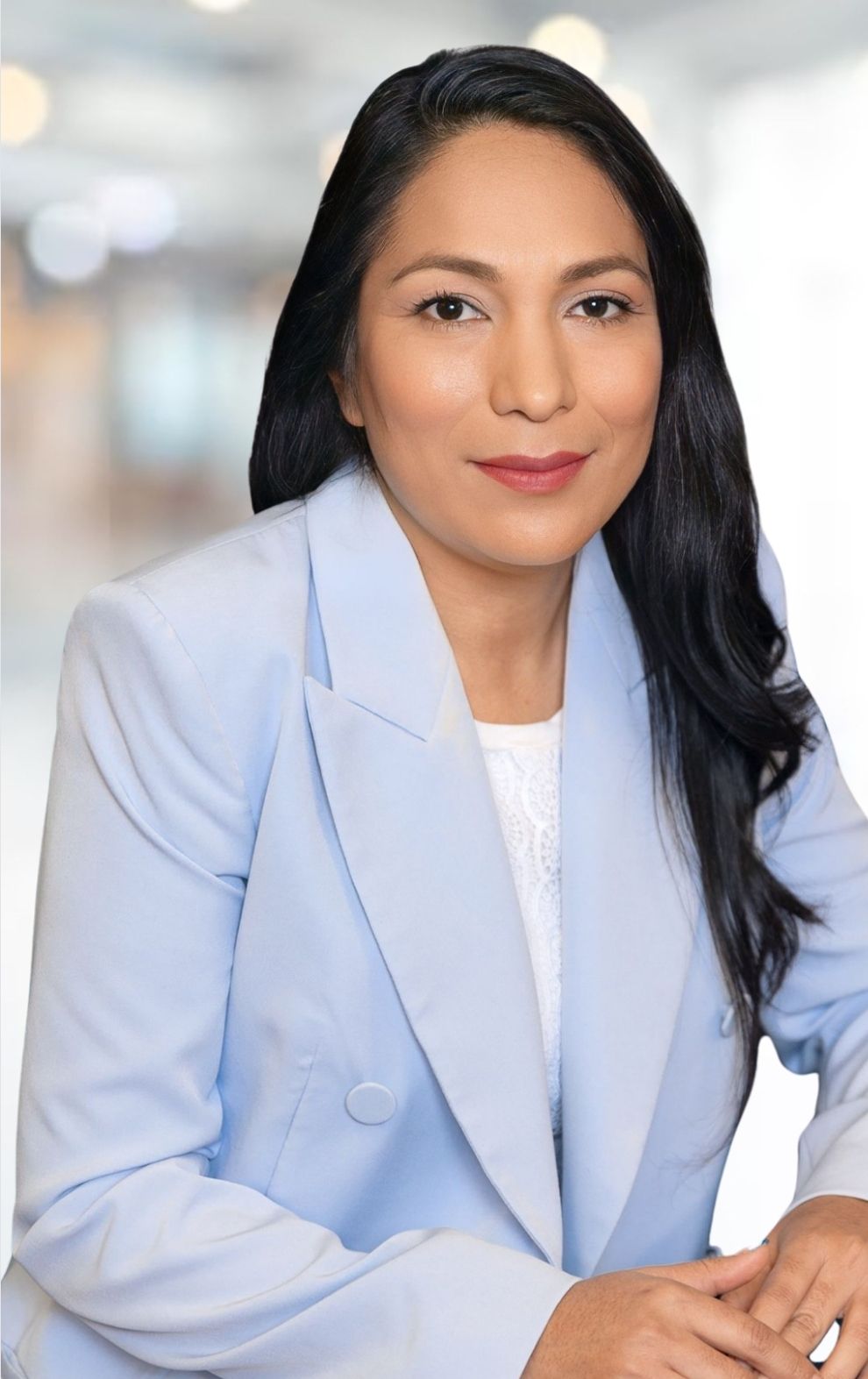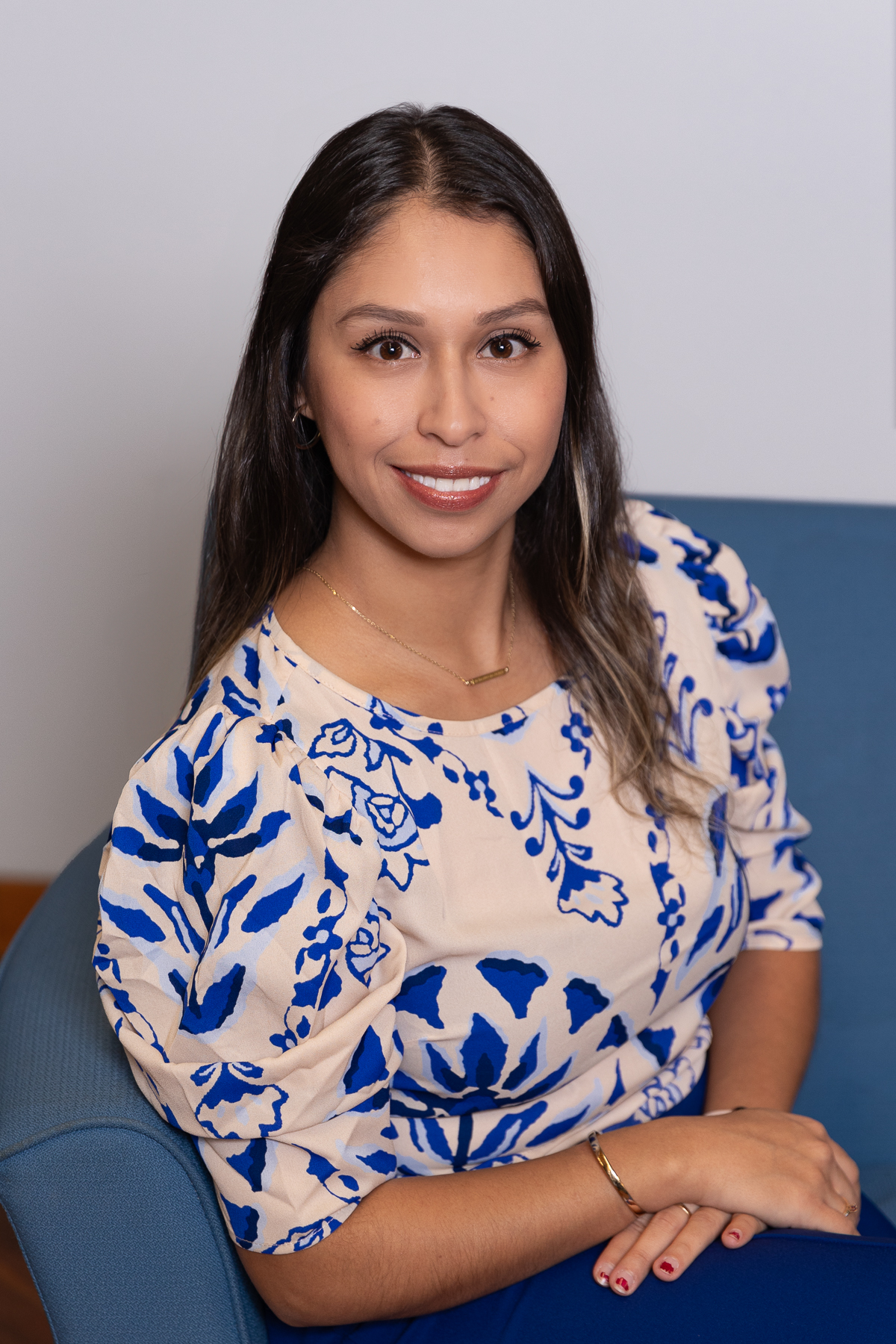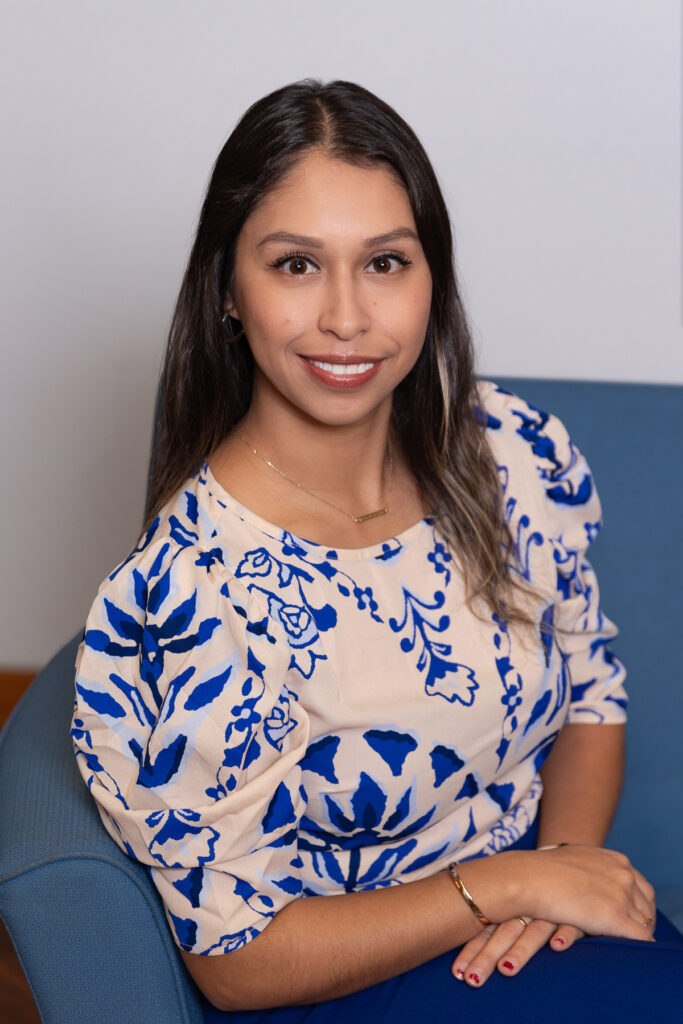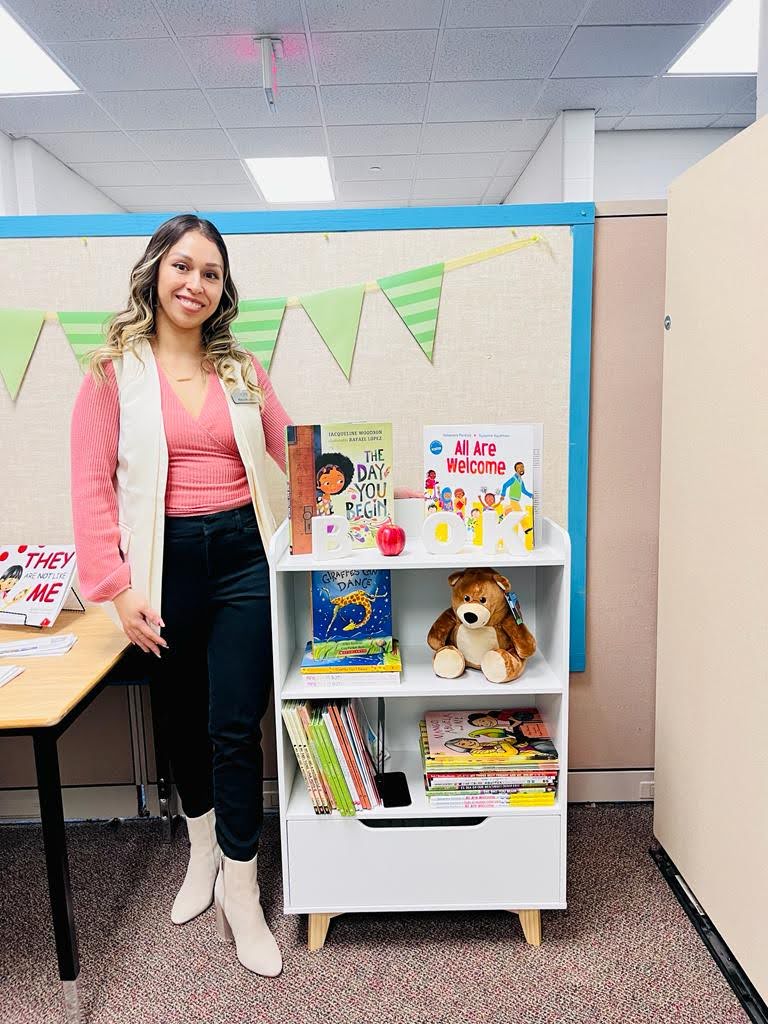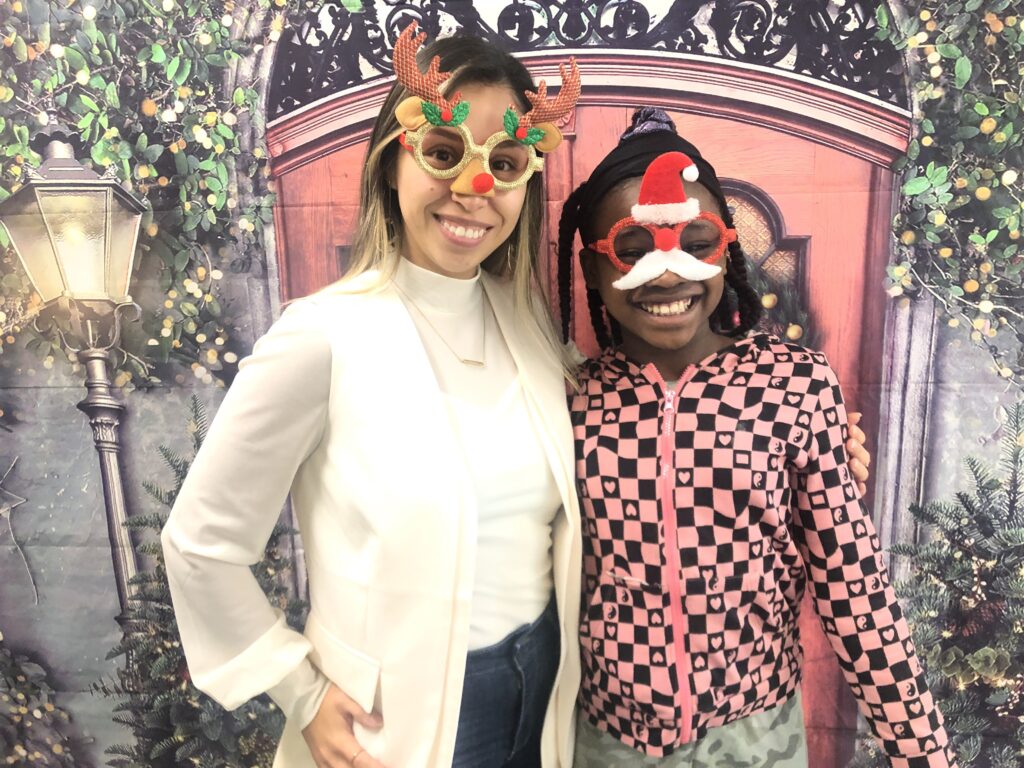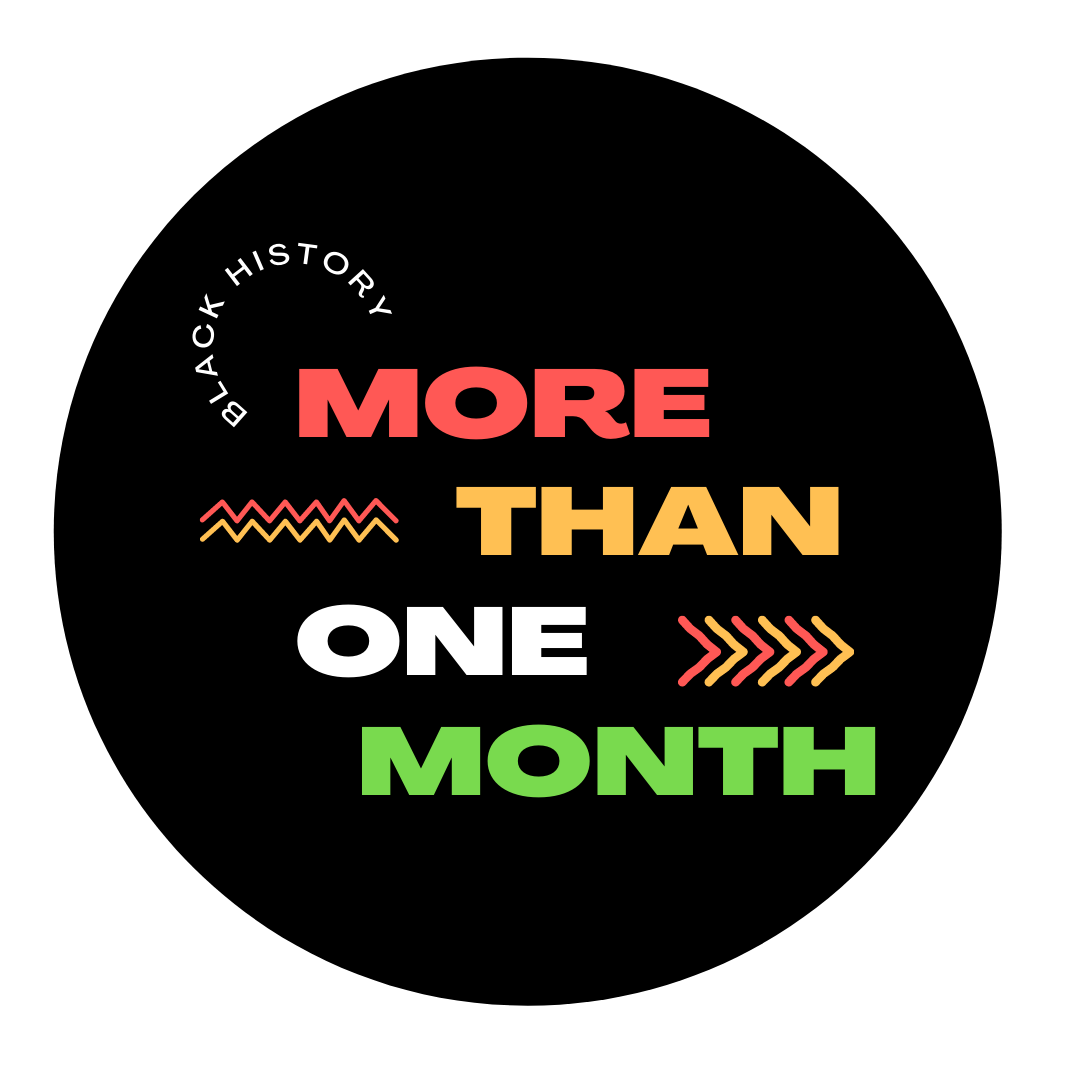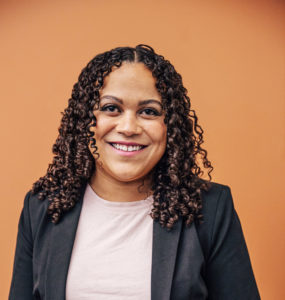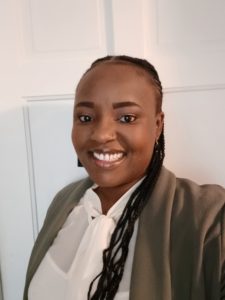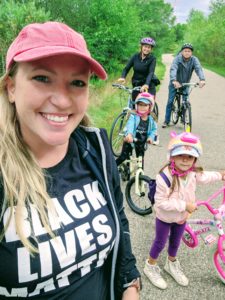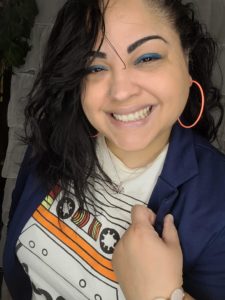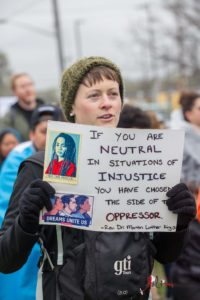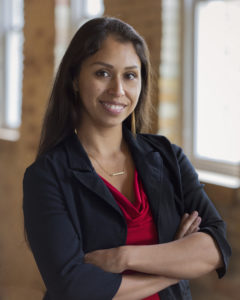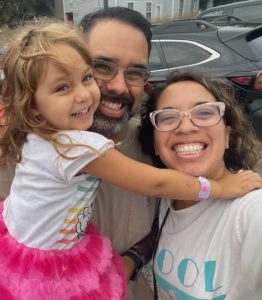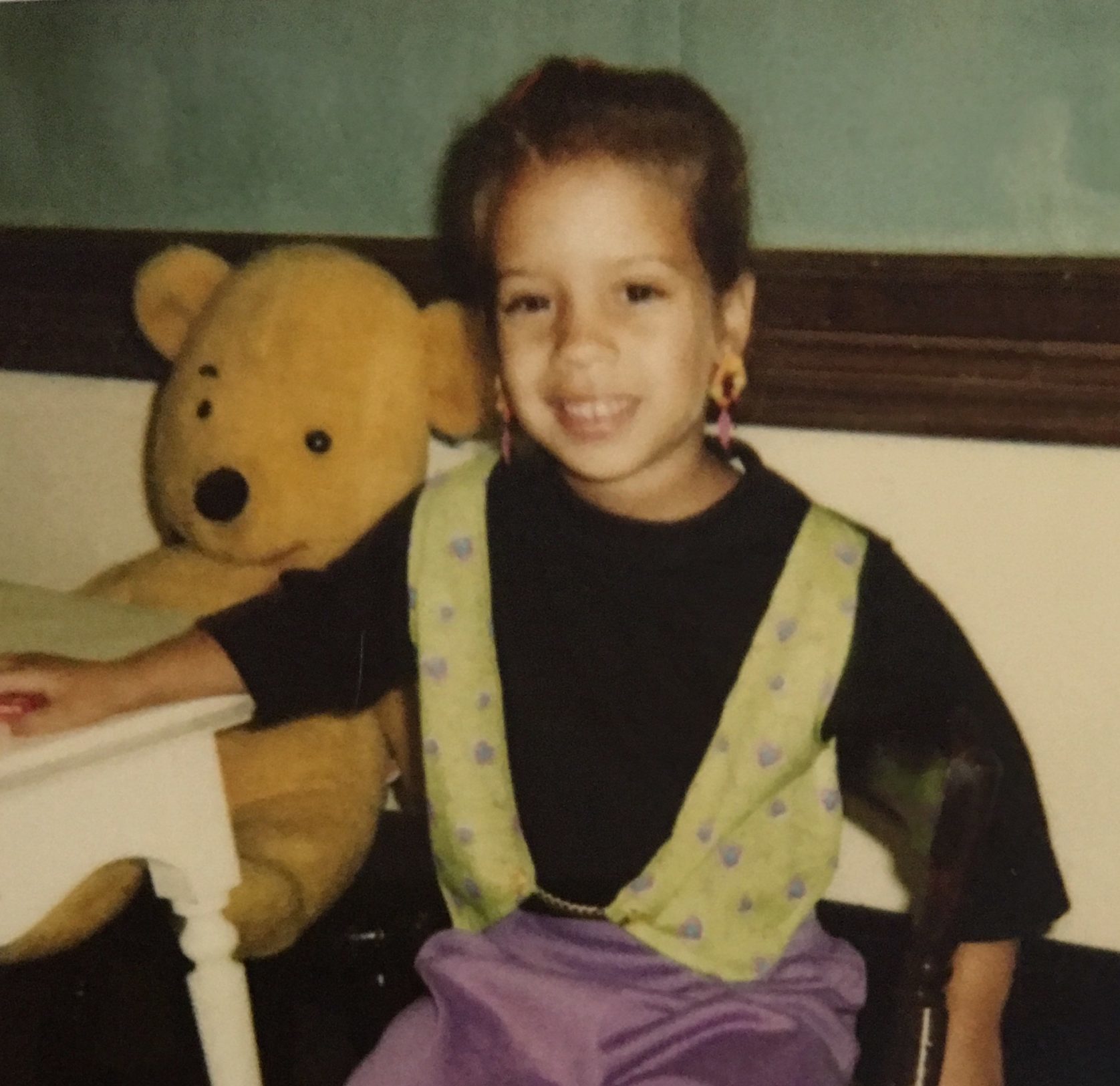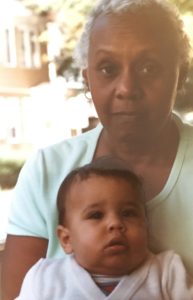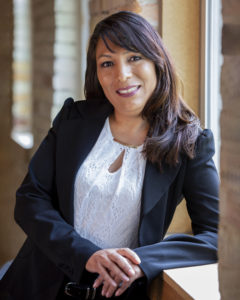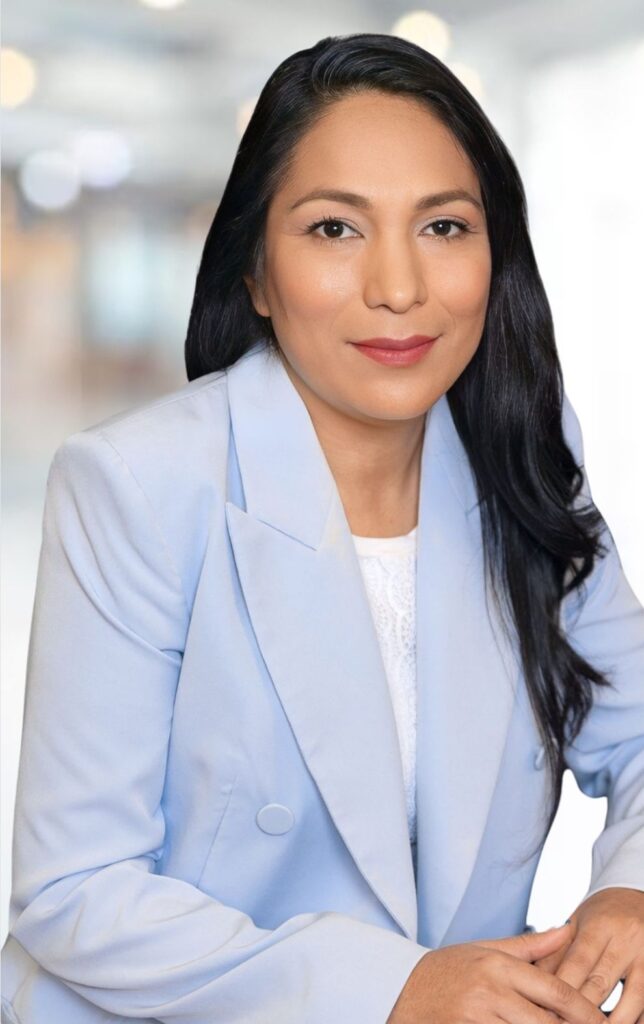
As the New Year approaches and nature hibernates, space abounds for reflection. Ideally, what each of us will find are the true corners of our hearts that are the strongest and that shine the brightest.
Affinity Mentoring’s Site Coordinator, Monica, is an example of this light and we are so grateful for her!
As a new member of the Affinity Team, I’ve endeavored to get to know my coworkers in quest to truly know the heart of the organization, beginning with its staff. What inspires each individual to champion this work day after day? What life circumstances have they been through that connects them to the mission and vision of Affinity Mentoring? What current challenges do students, their families and surrounding communities face that breaks their hearts? What fuels them to fight for more?
For Monica, Affinity’s Southwest Elementary School – Academia Bilingüe Site Coordinator, the opportunity to build relationships with the students and mentors propels her forward. With a background in family engagement, she approaches her work with the intelligence and wisdom of someone who knows the landscape well.
You can tell the impact Monica’s experience has on the matches she brings together and oversees at her site. When students walk into her room for mentoring, their eyes light up with glee. The kind of joy that comes from feeling both safe and seen.
Since joining the organization in 2018, Monica has nurtured matches that span across several years. She’s had the opportunity to witness how students come out of their protective shells and blossom into articulate, self-assured youth who aspire to be – and WILL be – next-generation leaders.
The brilliance of Affinity Mentoring’s program is only as strong as its staff’s ability to overcome the changing dynamics both inside and outside the school system and Monica is no exception.
She intimately knows the challenges families face, and the decisions that parents are torn between. There are times when attending a band concert conflicts with a work shift that puts food on their table at home. Monica sees how these impossible balancing acts really weigh on parents who deeply desire to show up for their kids. She reminds these parents, and us all, that we belong. We’re a part of something outside our nuclear family that will extend and support our nuclear family at the same time.
It is powerful and life-changing work we’ve undertaken, and we are so grateful for staff like Monica who tirelessly champion the voice of her students and larger community.
I’m often left wondering, who would I become if I had Monica in my life years ago?

